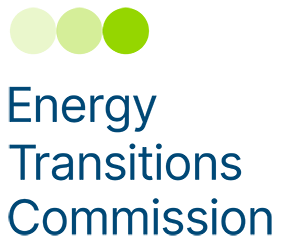New paper: ETC addresses global trade challenges in the energy transition
In its latest report, the ETC outlines the implications for fossil fuel supply and demand pathways, and the role of policies and commitments from oil and gas companies, governments, COP28 and the financial sector in the short-term, and by mid-century.


